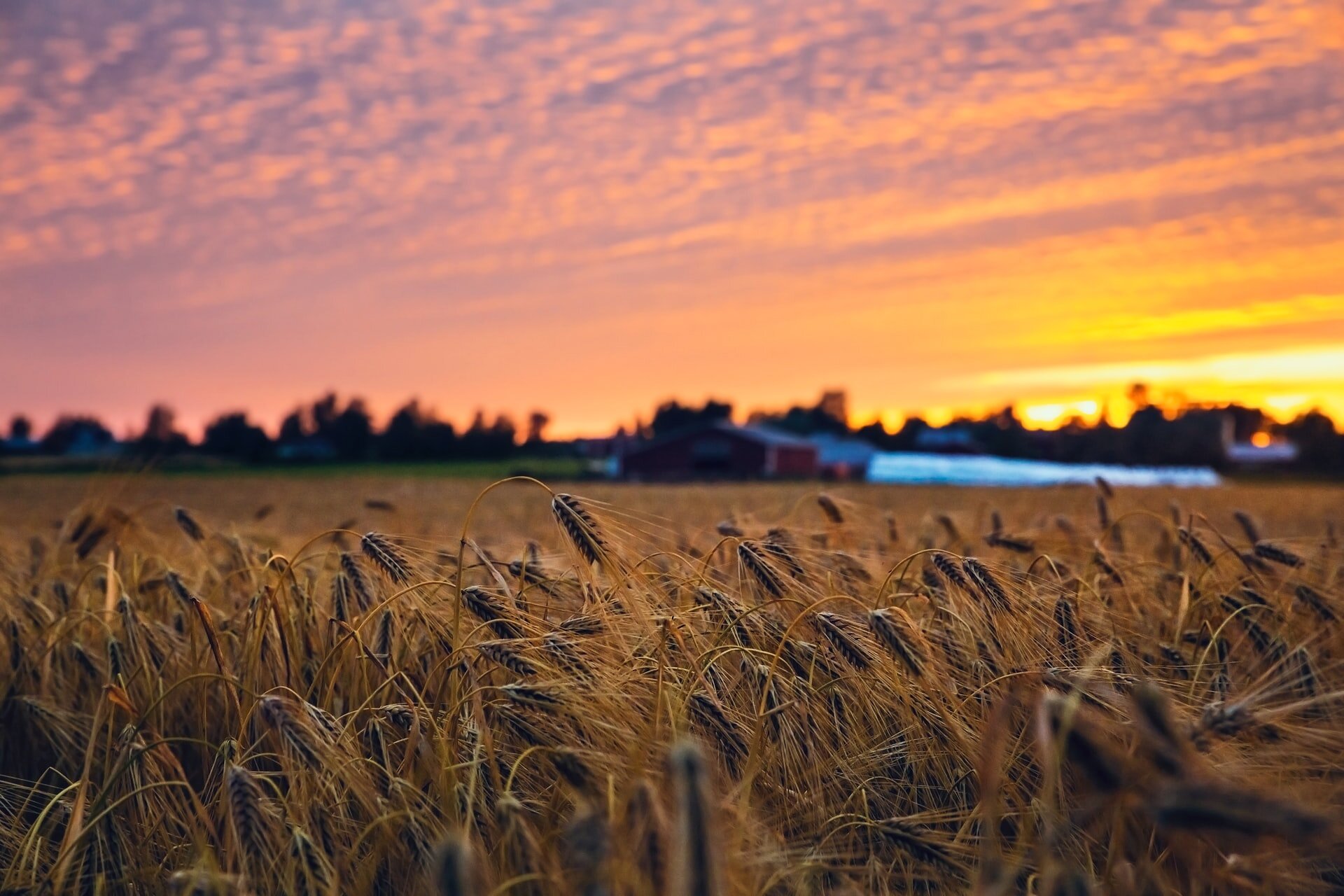By Jessica Scott-Reid
Jessica is a Canadian writer, animal advocate and plant-based food expert. Her work appears regularly in media across Canada and the US.
In an effort to reduce our impact on the planet, the science is clear that transitioning what we eat to a plant-rich diet and consuming less animal-based foods is one of the most effective ways to fight the climate crisis, reduce GHG emissions from animal agriculture and restore biodiversity. For example, changing our food system and switching to a plant-based diet can cut one’s carbon and water footprints by about half while using about 75% less land.
But discussions typically focus on how consumers, governments and businesses can make this change, and fail to take into account those at the centre of the animal agriculture system — livestock farmers — and their need for viable plans to transition from environmentally-damaging animal foods to sustainable plant-based foods.
So how do the millions of families — whose lives, livelihoods and culture have centred on producing animal food products for generations — make this transition?
Former rancher-turned-sanctuary founder Renee King-Sonnen is meeting the challenge head on. So are animal protection organization Mercy for Animals, the Blue Horizon Foundation and The Vegan Society, all of which have programs designed to help farmers transition towards more sustainable and ethical plant-based food production.
King-Sonnen, who now runs Rowdy Girl Sanctuary in Texas, converted a cattle ranch to a sanctuary for more than 120 animals. She says livestock producers “are just living in a construct or a belief system that is a reality they really hold dear. And it seems righteous to them because it’s been handed down for generations.” In order to engage with those in the animal agriculture world, she says, “it’s kind of like a secret code. If you were a cattle rancher or are a cattle rancher you know the language of their hearts.” And she does.
King-Sonnen’s Rancher Advocacy Program was launched in 2018, with a focus on farmers who are struggling with dilemmas related to farming and killing animals, whether at an environmental, economic and/or ethical level. “The Rancher Advocacy Program is a global resource that will accelerate farm transitions by bringing resources, academics, film makers, authors, attorneys, lobbyists, and other plant-based and manufacturing experts to the table.” Currently the program is aiding three other ranches to transition to more eco- and animal-friendly revenue streams. And offers farmers transition plans that range from growing ingredients for plant-based food makers to solar or wind farming.
Photo: Jed Owen on Unsplash
Global animal advocacy organization Mercy For Animals’ Transfarmation program is for animal farmers who are “looking for a way out of farming,” says the program's website, citing growing economic challenges and a market shift toward plant-based foods. Its mission, “is to help farmers transition out of animal agriculture and into growing crops for the burgeoning plant-based ingredients sector.”
One former Texas chicken farmer Bo Halley, who now grows hemp in his repurposed chicken sheds, says on the Transfarmation site that he is grateful to have found a type of farming that not only makes a viable income, but also “feeds people’s souls … and gives us dignity when we look at those plants and realize that we’ve created something and grown something.”
"We decided to create a platform where we would have this conversation about our current factory farm system and how to get the people who want out involved in the plant-based space, whether it’s hemp or even solar and wind energy,” said Mercy For Animals’ president Leah Garcés in an interview with Civil Eats last year. “We’re not pretending that taking 10 farmers out of factory farming is going to end it, but we’re trying to work collaboratively and be constructive about creating new jobs for those who want them.”
In another example, the Vegan Society’s Grow Green program supports UK animal farmers and land owners in discovering other, more sustainable and economical uses of their spaces. “There are opportunities for landowners and farmers to meet the needs of the UK population by managing land in a different way,” states its website. “Where land is suitable this could mean a transition to plant-based production. In other cases land might be repurposed for renewable energy production, natural reforestation to capture carbon, commercial forestry or biodiversity benefits.”
Photo: Benjamin Davies on Unsplash
Meanwhile, California-based Blue Horizon Foundation is bringing together a community of investors, food techs, experts and volunteers to “support the transformation of farms from animal factory farming to sustainable plant cultivation,” according to its website. The foundation, which invests in The Good Food Institute, Earthling Ed, Transfarmation, and other initiatives, states it recognizes that “animal farms are part of a global problem that adversely affects our climate and our health, while simultaneously ignoring the principles of animal welfare. Therefore, we have created an alternative model that provides sustainable solutions.” Along with that alternative model, the foundation has raised a quarter of a million dollars to support the program.
“Farmers and ranchers have the most compartmentalized minds of anyone I know,” says King-Sonnen, referring to those who say they love the animals they exploit and send off to slaughter. And she admits she once was one of them. Until she wasn’t. And it is in that moment – when livestock farmers suddenly see and feel things differently, begin considering the sentience of animals and the environmental impacts of farming them — that they open up to alternative paths.
These programs are symbolic of what can be achieved, of required future changes but they are not scalable without support. Some portion of the massive government incentives and subsidies for traditional agriculture needs to be diverted to do the heavy lifting and carry on from where these entrepreneurial change makers are leading the way.
King-Sonnen’s team and other organizations are finding power and motivation to make change. They know that when considering the future of food production, animal farmers have a pivotal role to play.



